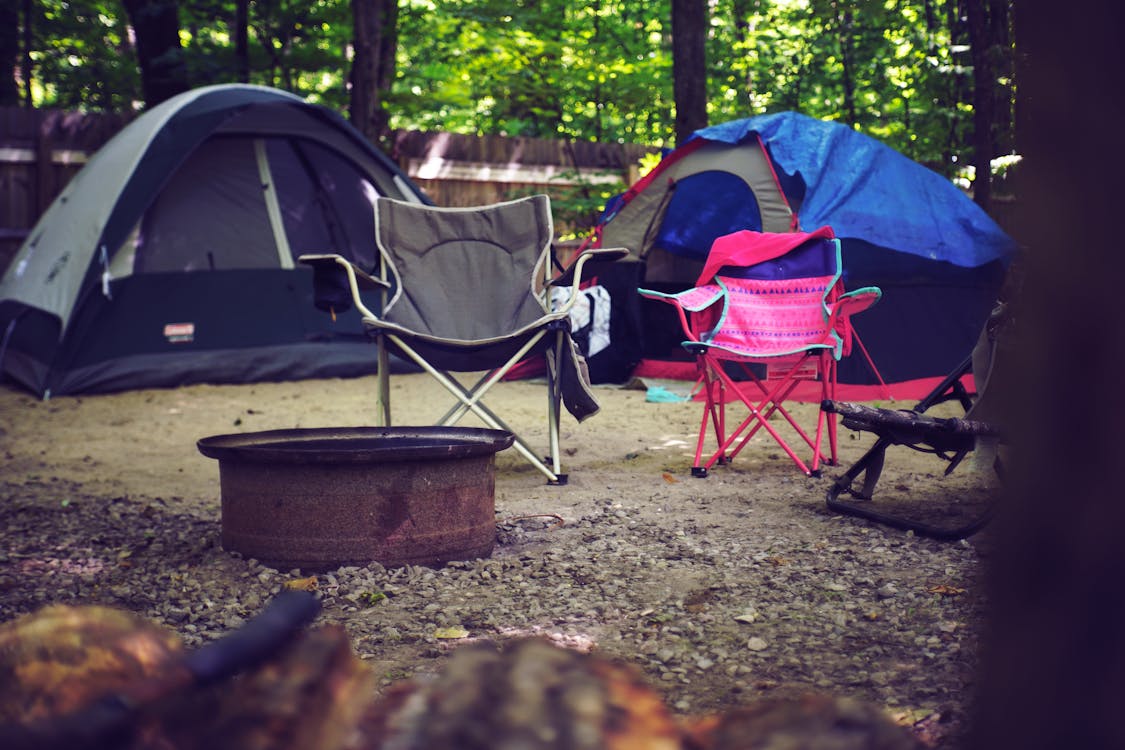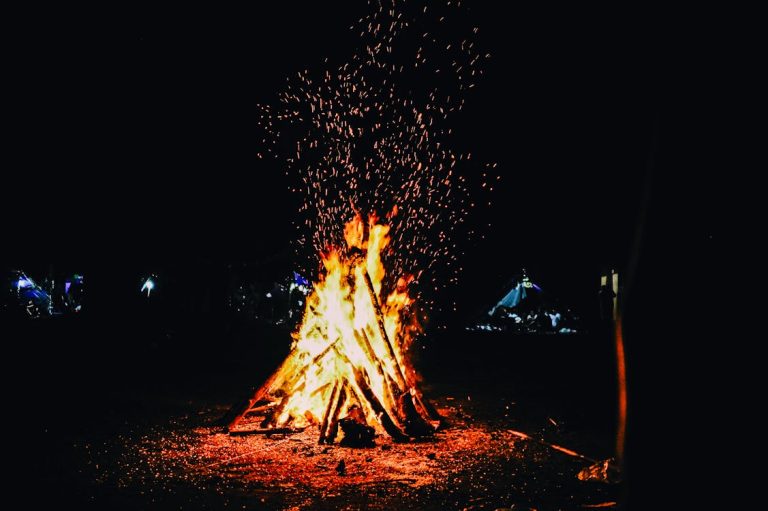Camping in the Mountains: Essential Guides for an Unforgettable Adventure
Camping in the mountains offers a unique opportunity to connect with nature and experience breathtaking landscapes. However, it requires careful planning and preparation to ensure a safe and enjoyable trip. Inspired by insights from Tracks Less Travelled, this blog post provides essential tips for a successful mountain camping adventure.
Preparing for Your Mountain Camping Trip
1. Research Your Destination
Before heading out, gather as much information as possible about your camping destination.
- Trail and Campground Information: Learn about the trails, campsites, and facilities available. Check if you need any permits or reservations.
- Weather Conditions: Mountain weather can be unpredictable. Check the forecast and be prepared for sudden changes in temperature and conditions.
- Wildlife Awareness: Understand the types of wildlife in the area and how to stay safe around them.
2. Pack the Right Gear
Having the appropriate gear is crucial for a comfortable and safe mountain camping experience.
- Tent: Choose a sturdy, four-season tent that can withstand strong winds and cold temperatures.
- Sleeping Bag and Pad: Use a sleeping bag rated for the lowest expected temperature and a sleeping pad for insulation and comfort.
- Clothing: Pack moisture-wicking base layers, insulating mid-layers, and a waterproof outer layer. Don’t forget a hat, gloves, and extra socks.
- Footwear: Wear sturdy, waterproof hiking boots with good ankle support.
3. Plan Your Meals
Proper nutrition is essential when camping in the mountains, where you may expend more energy than usual.
- High-Energy Foods: Bring lightweight, high-calorie foods like nuts, dried fruit, energy bars, and instant meals.
- Cooking Equipment: Use a portable stove or camping grill, and pack fuel, matches, and a lighter. Ensure you have cookware and utensils.
- Water: Carry enough water for your trip or bring a water filter or purification tablets to treat water from natural sources.
Setting Up Camp
1. Choose the Right Campsite
Selecting a suitable campsite can make a big difference in your comfort and safety.
- Location: Camp at least 200 feet away from water sources to avoid contaminating them and to reduce the risk of encounters with wildlife.
- Flat Ground: Find a flat, sheltered area to pitch your tent, avoiding low spots where water may collect.
- Wind Protection: Set up camp behind natural windbreaks like trees or boulders to shield against strong winds.
2. Set Up Your Tent Properly
Proper tent setup is crucial for protection against the elements.
- Secure the Tent: Use all available stakes and guy lines to anchor your tent securely.
- Ventilation: Ensure good ventilation to reduce condensation inside the tent.
Staying Safe in the Mountains
1. Monitor the Weather
Keep an eye on the weather throughout your trip.
- Check Updates: If possible, check weather updates regularly. Be prepared to adjust your plans if severe weather is forecasted.
- Dress in Layers: Adjust your clothing layers to stay warm and dry. Avoid sweating excessively, as wet clothes can lead to hypothermia.
2. Practice Bear Safety
If camping in bear country, take precautions to avoid attracting bears to your campsite.
- Food Storage: Store food in bear-proof containers or hang it from a tree at least 10 feet off the ground and 4 feet away from the trunk.
- Cooking Area: Cook and eat at least 100 feet away from your tent. Clean up thoroughly to avoid leaving food scents.
3. Be Prepared for Emergencies
Accidents can happen, so being prepared is essential.
- First Aid Kit: Carry a comprehensive first aid kit and know how to use it. Include items for treating blisters, cuts, and sprains.
- Navigation Tools: Bring a map, compass, and GPS device. Know how to navigate without relying solely on electronic devices.
- Emergency Shelter: Pack an emergency shelter or bivy sack in case you cannot reach your planned campsite.
Leave No Trace
Respecting nature ensures that beautiful mountain environments remain pristine for future visitors.
- Pack Out Trash: Carry all your trash out with you, including food scraps and hygiene products.
- Minimize Campfire Impact: Use a camp stove instead of a fire. If fires are permitted, keep them small and use established fire rings.
- Respect Wildlife: Observe animals from a distance and do not feed them. Store food and scented items securely to prevent attracting wildlife.
Conclusion
Camping in the mountains can be an unforgettable experience filled with adventure and natural beauty. By preparing thoroughly, choosing the right gear, setting up camp wisely, and practicing safety measures, you can enjoy a safe and memorable mountain camping trip. Embrace the serenity of the mountains, respect the environment, and make lasting memories on your next adventure. Happy camping!



